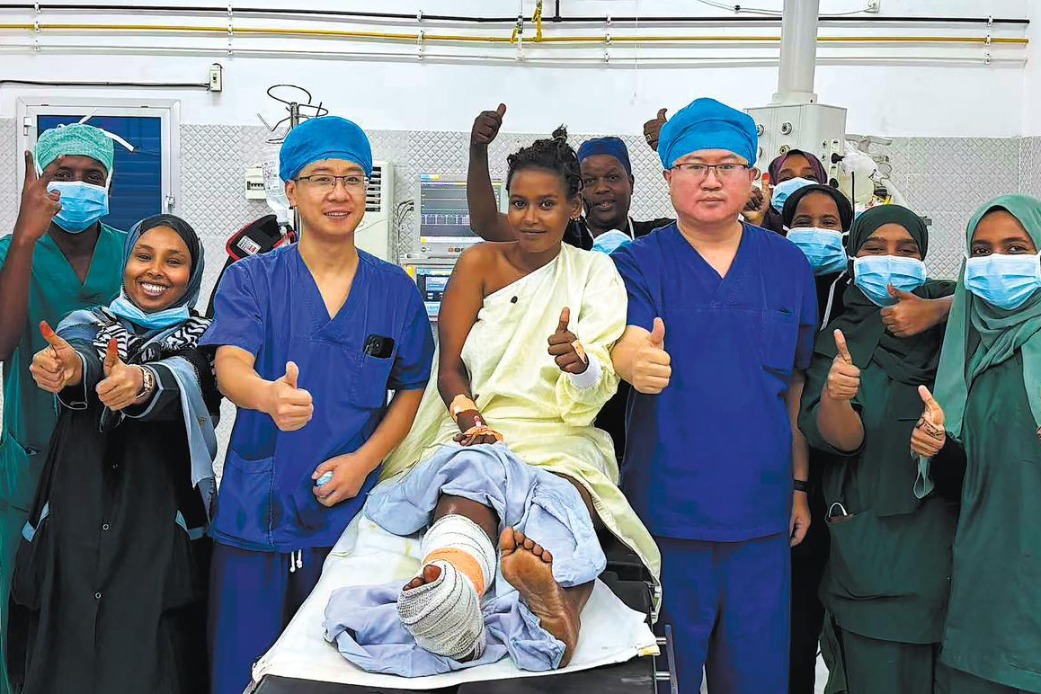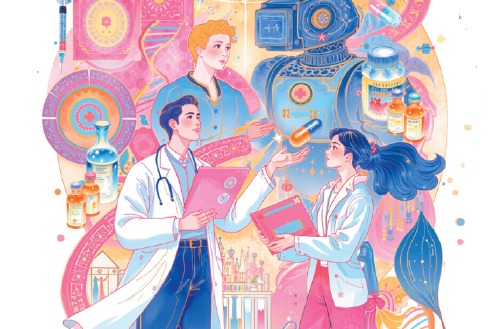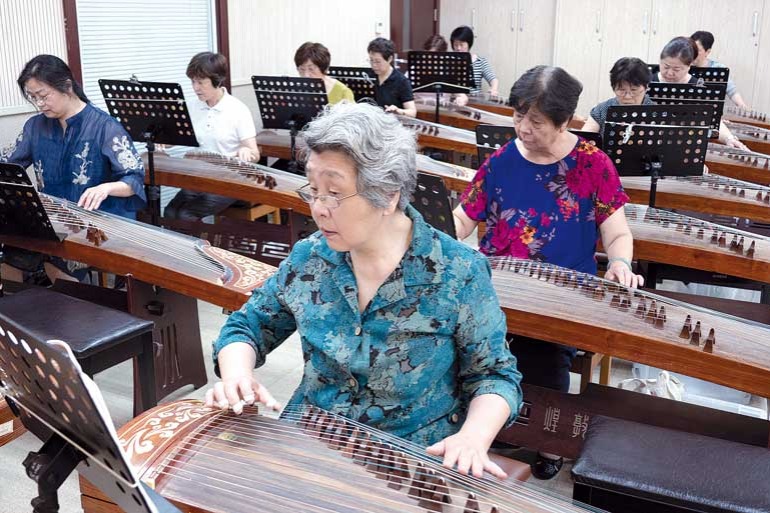Humanities facing rebirth, not decline


In an article in September 2024, The Harvard Crimson, Harvard University students' newspaper, said that the university had canceled more than 30 courses across 20 departments for the fall semester. Most of the courses were in the humanities, including history, literature and the arts.
In the age of artificial intelligence, have humanities become obsolete? How can they develop to remain relevant?
Before reaching any hasty conclusions, we should understand the facts. Harvard has not canceled the humanities department; it has merely adjusted 1 percent of its 3,000-plus courses based on student enrollment.
While subjects such as history, religion and English literature have seen declining students' interest, philosophy has experienced growth. One course, "British Soft Power from Shakespeare to Dua Lipa", was removed because of low registration — a routine decision for any university. Understandably, faculty and a few students opposed the cancellation to protect their interests, but this is a normal part of academic restructuring. A balanced perspective requires looking beyond headlines to understand the broader context.
The rapid rise of AI and other advanced technologies calls for a reevaluation of the structure and role of the humanities and sciences in higher education. While the demand for humanities, constrained by limited funding and falling student interest, has been declining, the demand for STEM (science, technology, engineering, math) has surged. Yet this does not diminish the essential role of the humanities in fostering human development. A "techie" without a sense of history or ethics is as incomplete as an "arts major" lacking scientific literacy. Students in STEM fields, recognizing the need for holistic growth, can and often do enroll in humanities courses to broaden their perspectives.
Unlike the sciences, which rely on experiments, empirical validation and hands-on training, humanities content is widely available online, far beyond the confines of a university. As a result, some fields may no longer require dedicated university departments, while STEM programs must expand to meet the growing demand of students.
Crucially, universities must adapt to the changing situation. Higher education is not just about offering a sprawling array of niche courses but about instilling the core spirit and substance of inquiry. This shift is not a decline but a transformation of certain subjects, pushing humanities to redefine their purpose in addressing the challenges of the AI era.
Perhaps the humanities have reached a "death and rebirth" moment. To ensure the humanities survive and thrive, experts must redefine their mission and refocus the priorities of humanities subjects.
First, experts need to identify the unique role of the humanities in addressing contemporary challenges. What are the urgent questions of our times that the humanities are uniquely equipped to answer? For example, the humanities can play a critical role in exploring digital ethics, bridging the "digital divide", and understanding the social implications of AI.
Second, the experts must ensure the humanities move beyond quantitative competition with STEM. Success should not be measured solely by the number of enrollments or classroom hours but by the ability of the humanities to fuel human curiosity, foster critical thinking, and provide moral guidance.
Third, humanities scholars must innovate by embracing new content and methodologies. For instance, leveraging AI tools can open up new avenues for research and teaching. Interdisciplinary programs combining humanities with data science, digital media or AI can produce versatile graduates equipped to meet the demands of the modern job market.
Even as enrollment in humanities courses declines — students majoring in humanities at Harvard fell from 15.5 percent to 12.5 percent in the past decade — the discipline itself is not in decline but at the cusp of transformation. Philosophy, for example, has seen renewed interest, reflecting a growing desire of youths to explore fundamental questions about humankind and technology.
The humanities must evolve to meet industry's needs and develop cross-disciplinary talents. Humanities courses should promote the spirit of scientific rigor by incorporating empirical methods, and experimental approaches to explore new frontiers. This will increase the relevance and adaptability of the humanities, ensuring they contribute to humankind's pursuit of knowledge.
As the humanities modernize, they must integrate insights from the sciences without losing their essence. Complex fields such as philosophy and education defy straightforward scientific deduction but can benefit from interdisciplinary methods. By developing a more scientific mindset while retaining their depth and abstraction, the humanities can help us better understand human experience.
The future of the humanities lies in innovation. By leveraging AI tools, humanities scholars can expand their influence, experiment with new teaching formats, and develop groundbreaking research methodologies. This shift will put the humanities at the forefront of addressing ethical, cultural and social questions in the AI age.
<span class="epaper-status">The author is a senior researcher at the National Institute of Education Sciences.</span>
The views don't necessarily reflect those of China Daily.



































